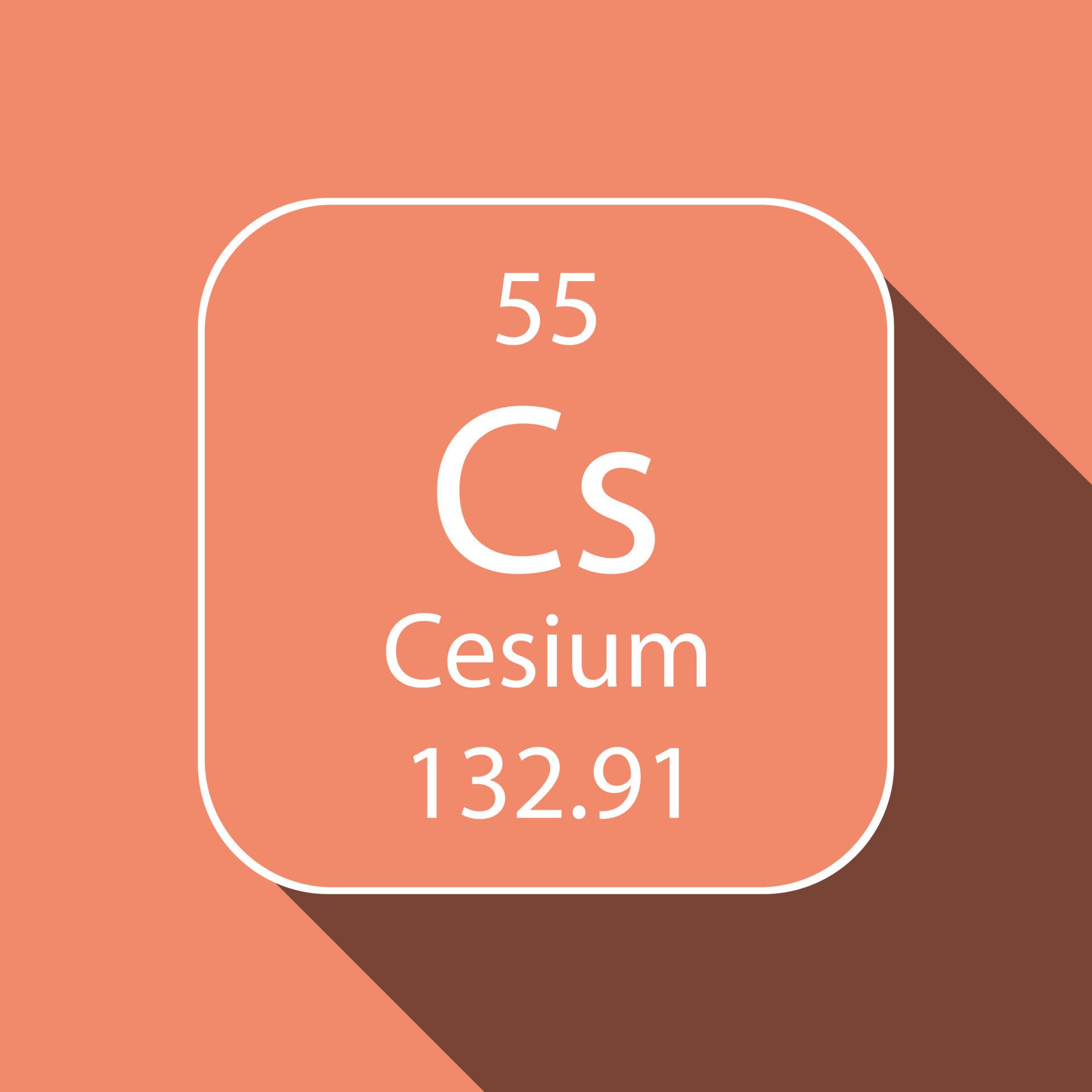Caesium: The Element Keeping You on Time (Even when you're not)
Have you ever wondered how scientists keep time so incredibly precise? The answer involves a fascinating element you might not expect: Cesium (Cs)! This blog delves into the world of cesium, exploring its properties, uses, and why it's the heart of our most accurate timekeeping devices.
By sillyScience Team

A Discovery by Two Minds: Caesium's Unveiling
Caesium's story begins in 1860, when two brilliant minds, German chemist Robert Bunsen and German physicist and mathematician Gustav Kirchhoff, joined forces for a scientific breakthrough. While analyzing mineral water from a hot spring in Heidelberg, Germany, they stumbled upon something unexpected - a new element! They named it caesium, derived from the Latin "caesius" meaning "sky-blue", referencing the distinctive blue lines they observed in its spectrum during analysis.

Caesium: A Soft Metal with a Big Impact
Cesium is a soft, silvery-gold metal with the atomic number 55. It belongs to the group of alkali metals known for their high reactivity. Discovered in 1850 by Robert Bunsen and Gustav Kirchhoff, caesium is relatively rare in Earth's crust but plays a vital role in various scientific and technological applications.
Chemical Properties: A Recipe for Reactivity
Caesium is a champion of reactivity. Here's why:
1. Highly Reactive: caesium readily loses its outermost electron, making it the most electropositive element.
2. Explosive Temper: Caesium reacts violently with water, even at low temperatures. Fun fact (but maybe not for handling caesium!): it can explode in contact with ice!

3. Light Show: Due to its easy electron loss, caesium readily emits electrons when struck by light, making it useful in photoelectric cells.
Beyond Reactivity: The Diverse Uses of Caesium
Caesium's unique properties extend far beyond its fiery reactions. Here are some of its practical applications:
1. Atomic Clocks: This is where caesium truly shines. The precise natural vibrations of caesium atoms are the reference point for defining the international unit of time, the second. Thanks to caesium, atomic clocks can keep time accurate to within a billionth of a second!

2. Scientific Research: Caesium plays a role in various scientific investigations. Its interaction with light aids in spectroscopy for material analysis, while its magnetic properties are valuable in magnetometry for studying magnetic fields.
3. Industry Applications: Caesium compounds are found in drilling fluids used in the oil industry. Additionally, caesium can be used to create unique optical glasses and catalysts.
Cesium: A Fascinating Element with a Crucial Role
Although not as common as some elements, Caesium proves that even rare elements can have a significant impact. From keeping our timekeeping precise to aiding scientific research, caesium's unique properties make it a valuable tool in various fields. So next time you check the time on your phone or marvel at the accuracy of GPS, remember the unseen hero – caesium, the element keeping you on time!
Made With🖤By The sillyScience Team
- © 2024 sillyScience. All rights reserved.